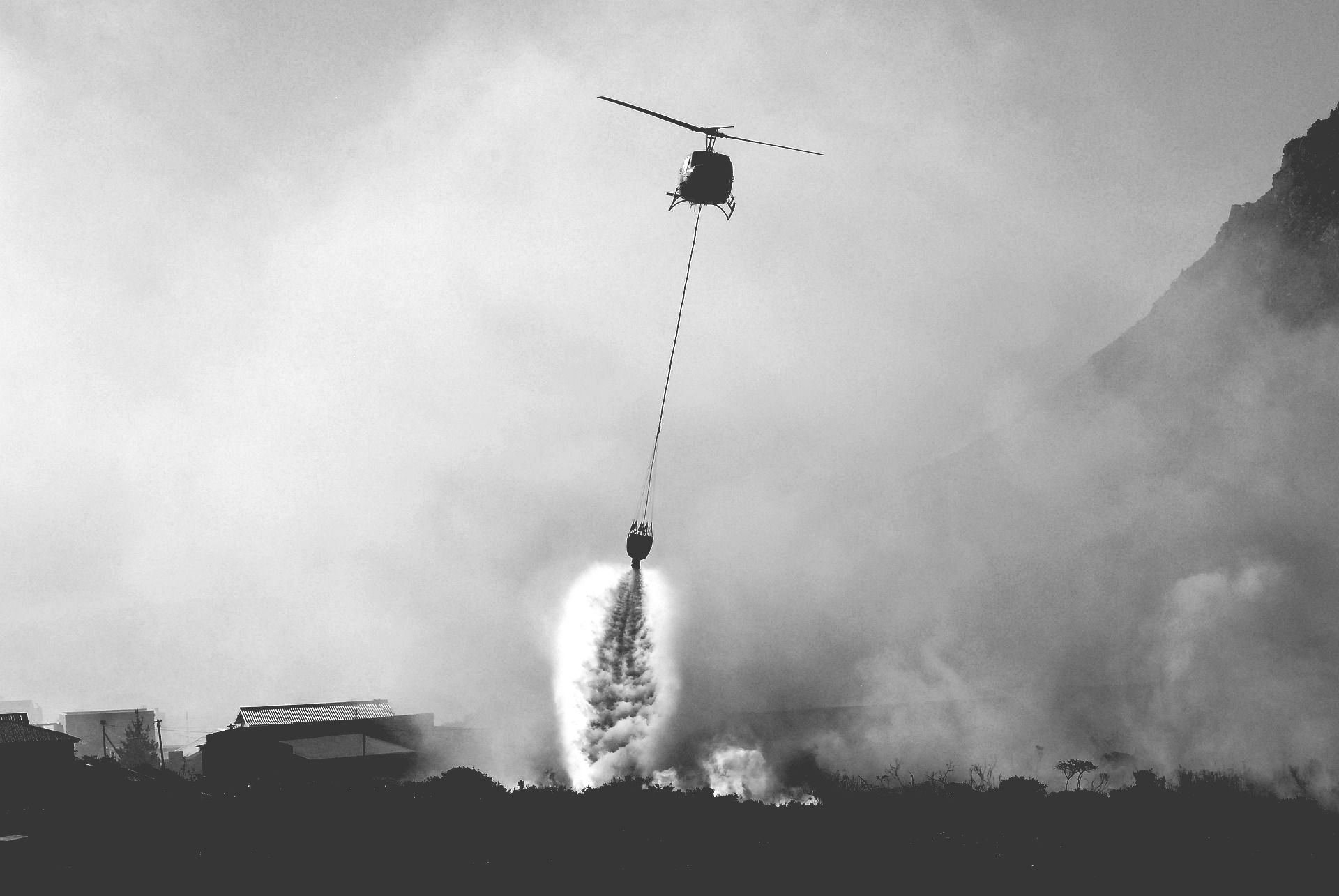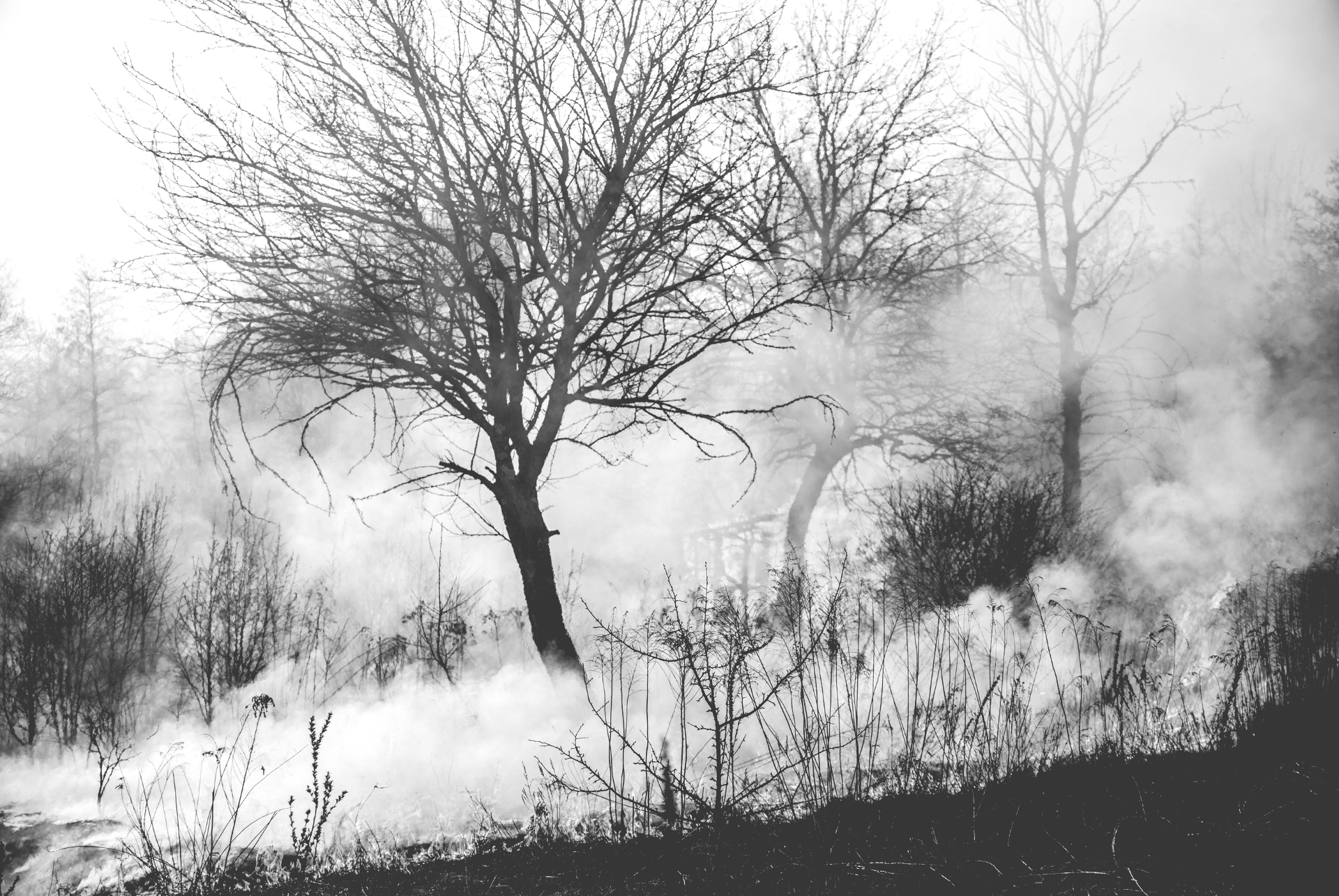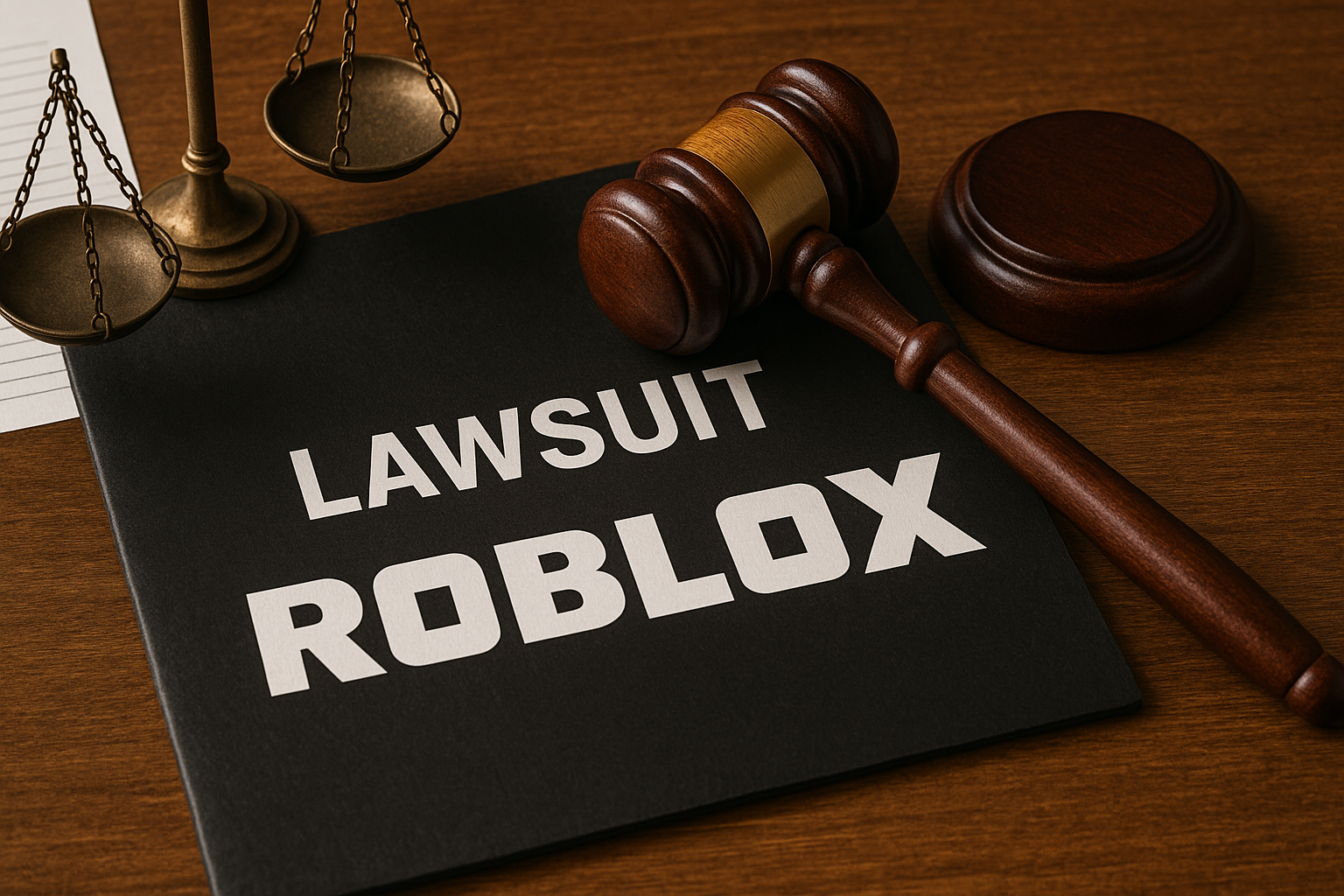Everything to Know About the Ocaliva Lawsuit: Key Legal Claims, Timeline & What’s Next

Key Takeaways
- Ocaliva is linked to serious liver complications, including rapid liver decline, liver failure, and death, risks that appeared even in patients without advanced cirrhosis.
- Lawsuits claim Intercept Pharmaceuticals failed to warn patients and doctors about the severity of these risks and continued marketing the drug despite repeated FDA alerts.
- FDA actions escalated year after year, from safety warnings in 2017 to a Black Box Warning in 2018, a contraindication in 2021, and ultimately a full market withdrawal in late 2025.
- Patients may qualify for an Ocaliva lawsuit if they experienced liver decompensation, hospitalization, transplant evaluation, or death after taking the drug for primary biliary cholangitis.
- Key documentation—medical records, lab results, dosing history, and hospitalization details—plays a critical role in determining eligibility and causation.
- The lawsuit has broad implications for drug safety, accelerated approvals, and how liver-disease medications are monitored moving forward.
- Litigation and investigations are ongoing, and many cases are expected to unfold throughout 2026 as more patients come forward.
- Anyone affected should consult a pharmaceutical injury attorney to determine whether they have a viable claim and what compensation may be available.
The Ocaliva lawsuit has become a major focus for patients, families, and healthcare professionals as new safety findings continue to emerge about the drug’s connection to serious liver injury, liver transplant, and even death. Ocaliva (obeticholic acid) was prescribed to people living with primary biliary cholangitis (PBC), a lifelong liver disease, and for years it was seen as a much-needed option for those who didn’t respond to first-line treatment.
Now, with increasing reports of Ocaliva liver injury, FDA warnings, and a full U.S. market withdrawal, the medication is at the center of investigations and growing legal action. Lawsuits claim the manufacturer failed to properly warn about the risks, especially for people with cirrhosis or worsening liver function.
This guide breaks down everything patients and caregivers need to know: allegations, safety updates, eligibility to file a claim, and where the litigation may be headed next.
What Is Ocaliva? Understanding the Drug at the Center of the Lawsuit
Ocaliva (generic name obeticholic acid) was approved in 2016 under the FDA’s accelerated approval pathway. It was designed for adults with primary biliary cholangitis (PBC) who did not respond adequately to ursodeoxycholic acid (UDCA), the standard first-line therapy.
How Ocaliva Works
Ocaliva is an FXR agonist, a drug that helps regulate bile acid flow and reduce inflammation in the liver. In theory, activating these receptors should slow the progression of bile duct damage.
Important Usage Notes
Ocaliva is:
- Intended only for certain PBC patients
- Not recommended for individuals with advanced liver disease
- Highly dose-dependent, especially in patients with cirrhosis
- Known to require careful monitoring of bilirubin, liver enzymes, and symptoms of liver stress
Despite these warnings, many patients with impaired liver function continued to receive standard doses, an issue now central to several Ocaliva legal claims.
Key Allegations: What the Ocaliva Lawsuit Claims
Attorneys investigating Ocaliva liver injury cases say the lawsuits generally center on the following allegations:
1. Failure to Warn About Liver Injury Risks
Patients and doctors claim that Intercept Pharmaceuticals:
- Did not adequately communicate the risk of liver failure and liver decompensation
- Failed to warn that the drug could trigger a rapid decline, even in non-cirrhotic or early-stage liver disease patients
- Continued to promote the drug despite repeated FDA safety communications
2. Design Defect / Failure-to-Warn Defect
Some lawsuits argue that the drug:
- Carried inherent safety risks even when used correctly
- It was unsafe for a significant portion of the population it was approved to treat
3. Inadequate Dosing Instructions
Reports show many patients received:
- Incorrect daily dosing instead of weekly dosing (especially those with cirrhosis)
- Prescriptions without proper screening for liver impairment
- No direct instruction on when to discontinue the drug due to early warning signs
Improper dosing is linked to multiple cases of Ocaliva liver failure, hospitalization, and transplant.
4. Delayed or Insufficient Safety Communication
Despite mounting reports, critics say:
- Risk updates came slowly
- Important warnings were buried in labeling updates
- Physicians were not directly alerted about escalating dangers
5. Consequences for Patients
As a result, patients experienced unexplained liver decline, emergency hospitalization, transplant evaluation, and death in documented cases
These allegations form the basis of both individual lawsuits and broader investigations.
Regulatory & Market Action Timeline: How We Got Here
Understanding the Ocaliva lawsuit means understanding how safety concerns evolved. Here is a clear, chronological overview of key FDA actions and drug-market events.
2017 — First FDA Safety Alert
Early warnings surface about liver failure, deaths tied to dosing errors, and serious liver injury even at recommended doses.
Feb 2018 — Black Box Warning Issued
FDA confirms at least 19 deaths linked to dosing mistakes. Doctors are instructed to screen for cirrhosis, adjust dosing for impaired patients, and monitor for rapid decline.
2021 — Ocaliva Contraindication Added
The FDA states Ocaliva should not be used in patients with advanced cirrhosis or signs of decompensation. At least 25 severe cases have been reported, including transplants and deaths.
Dec 2024 — FDA Confirms 377% Higher Risk
New data reveals Ocaliva users face a 377% increased risk of liver transplant or death, even in some non-cirrhotic patients.
Sept 2025 — FDA Requests Market Withdrawal
Intercept Pharmaceuticals announces Ocaliva’s removal from the U.S. market. All ongoing obeticholic acid trials are stopped.
Nov 14, 2025 — Final Transition Ends
Ocaliva is fully withdrawn and no longer available in the United States.
Who Might Qualify? Eligibility for an Ocaliva Lawsuit
Individuals may be eligible to bring an Ocaliva liver injury lawsuit if they were prescribed the drug for PBC and later experienced:
- Sudden liver decompensation
- Liver failure
- Accelerated cirrhosis progression
- Jaundice, ascites, or portal hypertension
- Hospitalization for liver-related complications
- Evaluation for a liver transplant
- Placement on a transplant list
- A liver transplant
- Death related to liver complications
Key Documentation That Strengthens a Claim
Legal teams typically look for:
- Medical records showing diagnosis and progression
- Pharmacy prescription history
- Lab results (bilirubin, MELD score, liver enzymes)
- Hospitalization details
- Transplant evaluations or surgical reports
Because Ocaliva’s risks are tied directly to dose, duration, and liver status, these documents help attorneys determine timeline, causation, and eligibility.
Potential Impacts: What Patients and Families Should Expect
For Patients and Families
Many individuals who suffered liver injury or rapid decline face significant medical expenses that can stretch over months or years. Hospitalizations, specialist consultations, ongoing diagnostics, and transplant-related costs can quickly become overwhelming. When symptoms force patients to reduce their work hours or leave their jobs entirely, the income loss compounds the strain.
Families may also take on caregiving roles, leading to additional lost wages and long-term stress. In the most tragic cases, surviving loved ones now confront the realities of wrongful death losses, which include funeral costs, lost income, and the emotional toll of a preventable death.
Staying Informed and Knowing Your Options
The Ocaliva lawsuit reflects a complex mix of patient safety concerns, regulatory action, and questions about pharmaceutical responsibility. With the drug now fully withdrawn from the U.S. market and new data confirming serious risks, many patients and families are looking for answers, and, in some cases, accountability.
If you or a loved one took Ocaliva and later developed liver complications, get in touch with a legal professional at Bradley Grombacher. We can review your circumstances and help you understand potential options. And as new developments unfold, staying informed is one of the most important steps you can take.










